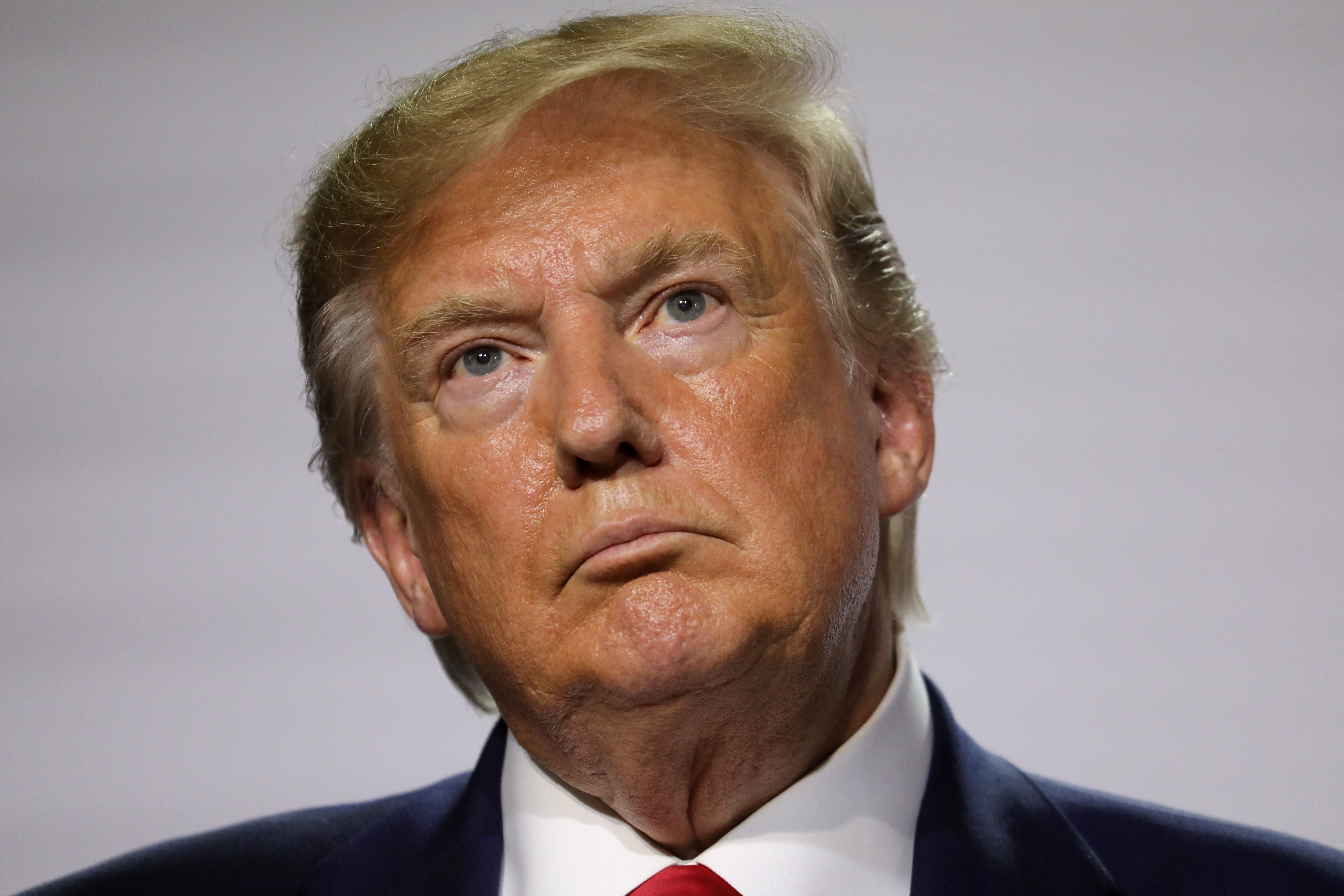
The Senate voted to acquit President Donald Trump on two articles of impeachment Wednesday, marking the inevitable and historic end to a bitterly fought, divisive impeachment trial that will reverberate into the 2020 election and shape Trump's presidential legacy.
The third Senate impeachment trial of a sitting president in US history concluded Wednesday afternoon with votes finding the President not guilty of abuse of power and obstruction of Congress, the impeachment articles the House charged Trump with in December. Sen. Mitt Romney, a Utah Republican, was the sole Republican to vote to convict the President on the first article of impeachment, abuse of power, joining with all Senate Democrats in a 52-48 not guilty vote. Romney voted with Republicans against the obstruction of Congress charge, which fell along straight party lines, 53-47 for acquittal.
The acquittal verdict was the final act of a four-month impeachment that inflamed the partisan tensions simmering throughout the course of the Trump administration, tensions that boiled over during the State of the Union even though Trump left impeachment out of his speech. While Wednesday's vote marks the end of the formal impeachment process, Trump and his Democratic detractors are sure to take up the fight over the ultimate significance of the President's impeachment as the presidential campaign heats up.
Though Trump is likely to claim victory and vindication with the Senate's vote, Romney's vote denies him a purely partisan outcome on impeachment. Every Democrat, including fence-sitters like Sen. Joe Manchin of West Virginia, voted to convict the President, meaning the acquittal vote was not bipartisan like it was in the House.
House Speaker Nancy Pelosi, whose icy exchanges with Trump during the State of the Union only underscored the acrimony of the impeachment process, has been quick to remind Trump he's now been "impeached for life" by the House. Democrats have dismissed the Senate trial as a cover-up for the President after Senate Republicans refused to consider new and important evidence.
The ultimate impact of Trump's impeachment will remain murky until November, when voters will have their say on whether an impeached President will receive a second term.
The groundwork for the third impeachment of a US president began in September when Pelosi announced an impeachment inquiry following an anonymous whistleblower complaint alleging Trump sought election help from Ukrainian President Volodymyr Zelensky in a July 2019 phone call. The House's whirlwind investigation that followed uncovered a months-long effort in which Trump and his personal attorney Rudy Giuliani pressured Ukraine to announce investigations into the President's political rivals while $400 million in US security aid to Ukraine and a White House meeting were withheld.
Kakvo je tvoje mišljenje o ovome?
Učestvuj u diskusiji ili pročitaj komentare





 Srbija
Srbija
 Hrvatska
Hrvatska
 Slovenija
Slovenija







